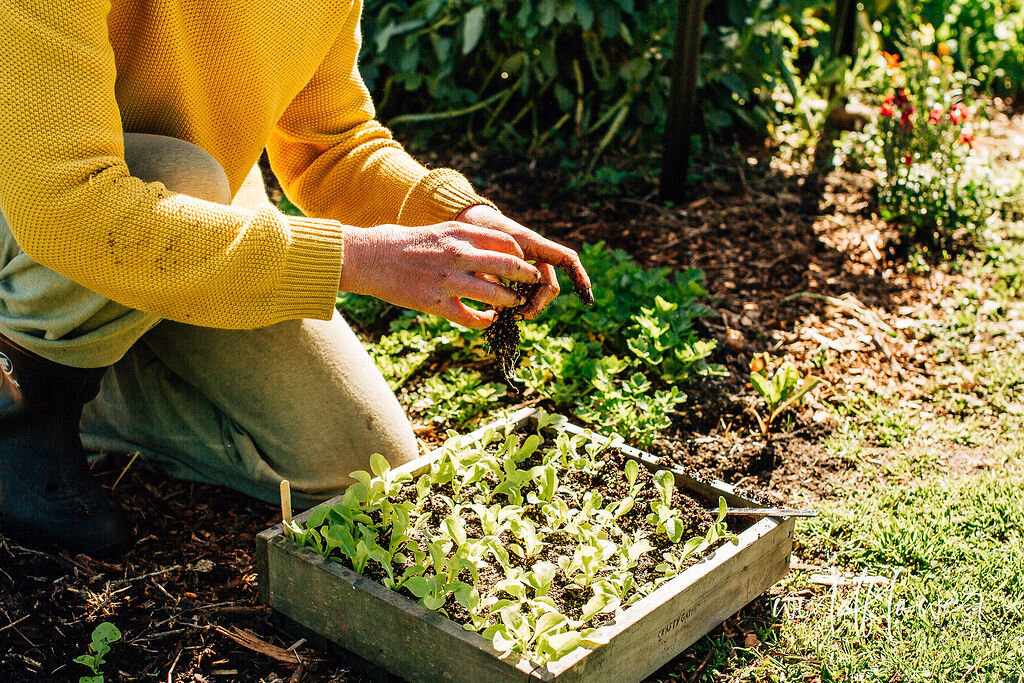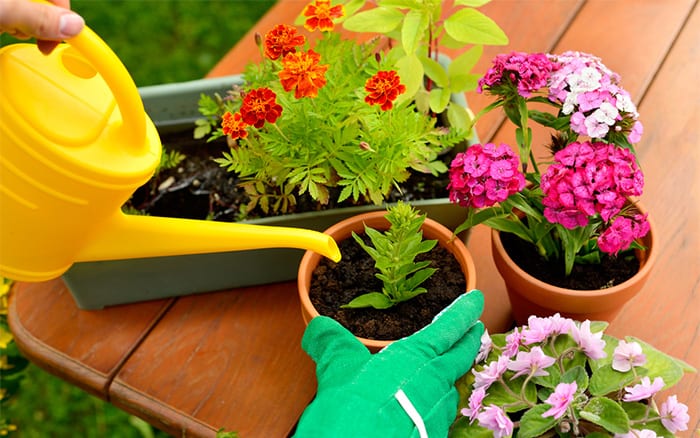Gardening is a rewarding hobby that can bring immense joy and satisfaction. The act of nurturing the soil, planting seeds, and watching your garden blossom into maturity can be incredibly fulfilling. Whether you’re looking to grow vegetables, herbs, fruit trees, or simply some lovely flowers for decorating your outdoor space, beginner gardeners should know many tips and tricks before getting started. This article will discuss the most important things to consider when beginning a gardening journey. With these in mind, anyone can start a thriving garden in no time.
Learn your climate and plant varieties
One of the first tips any gardener should remember is to learn the climate of their location and the plant varieties that work best in it. Each region has its unique climate, which will dictate what plants can be grown successfully. It’s essential to research what types of fruits, vegetables, herbs, trees, shrubs, and flowers are best suited for your local area. Additionally, many plants have specific soil requirements, so you should amend the dirt in your garden before starting any planting. Moreover, you should know the amount of sun and shade in your garden to get a sense of how much light different plants may need.
Make a plan
Before jumping right into the project headfirst without a plan or design in mind, it’s beneficial to have a clear idea of what you want from your garden and how you intend to achieve it. Making a sketch is an effective way to visualize what you want from your garden and can help you create it. Start by deciding on a size and shape for your garden. Then, consider what plants or flowers you want to fill your garden with and where they should be placed to maximize their growth potential. Additionally, it would be best to think about how much time you can dedicate to weeding, watering, and other maintenance tasks.

Test your soil
Testing the soil in your garden is an essential step that often needs to be noticed by beginners. Nutrient-rich soil is necessary for healthy plants and will ensure they get the best start possible. To test the soil in your garden, purchase a simple testing kit from ANestWithAYard.com or any local gardening store and follow the instructions included in the kit. The results will tell you the pH level of your soil and which nutrients are lacking or need to be replenished. Knowing this information is essential for adding the necessary amendments and fertilizers to ensure your desired plants will grow as best they can.
Choose the suitable containers
Choosing the right kind of containers for your plants is essential for those looking to grow an indoor or container garden. The size and material of a pot or planter will depend on the type of plant you are growing. Plastic and terracotta pots are lightweight and easily moveable, while large ceramic planters offer more stability and retain moisture better. Additionally, ensure that whatever kind of container you choose has plenty of drainage holes to avoid waterlogging your plants.
Give your plants enough space
When planting your garden, it’s essential to ensure that the plants have enough room to spread out and grow. Crowding too many plants in a small space is unsightly and can inhibit their development and stunt their growth. When deciding how far apart each plant should be, consider the mature size of each variety. If you’re planting vegetables or herbs, ensure they are placed at least 12 inches apart, while trees should be around 25 feet away from any other plants. Giving your plants enough space is essential for their healthy growth and development.
What do beginners need to research before starting their garden?
When it comes to gardening, the journey of a thousand miles begins with just one step. Before taking that first step and starting your garden, you should complete several vital pieces of research. This research will ensure that your garden has the best chance of success, and you can enjoy the fruits of your labor for years to come.
Research the types of plants that are suitable for your local climate
Before starting any gardening project, it’s essential to research which fruits, vegetables, herbs, trees, shrubs, and flowers will thrive in your environment. Local nurseries and garden centers can be excellent sources of information when researching the best kinds of plants for your region.
The amount of sunlight your chosen plants will need
Different types and varieties of plants require different amounts of light to thrive. While some plants prefer full sun, other shade-loving plants may do better in partial or darker spots. Knowing which kind of light is required for each plant, you intend to grow will help ensure they get the best start possible.

The best time of year to plant
The timing of when you start your garden can have a significant impact on the success of the plants. In some areas, the growing season is short, and getting the seeds in the ground as early as possible is essential. In other places, summer temperatures may be too hot for certain plants, and the best time to get them in the ground is during cooler months. Researching this information for your area is essential in starting a successful garden.
Understand what kind of soil you’re working with
The soil you use in your garden directly impacts how well your plants grow and thrive. Different soils have different compositions; depending on your area, you may need to add amendments or fertilizers to ensure that the soil supports your plants. Taking a sample of your soil to a local garden center or laboratory can give you essential details about its composition and what it needs for optimal growing conditions.